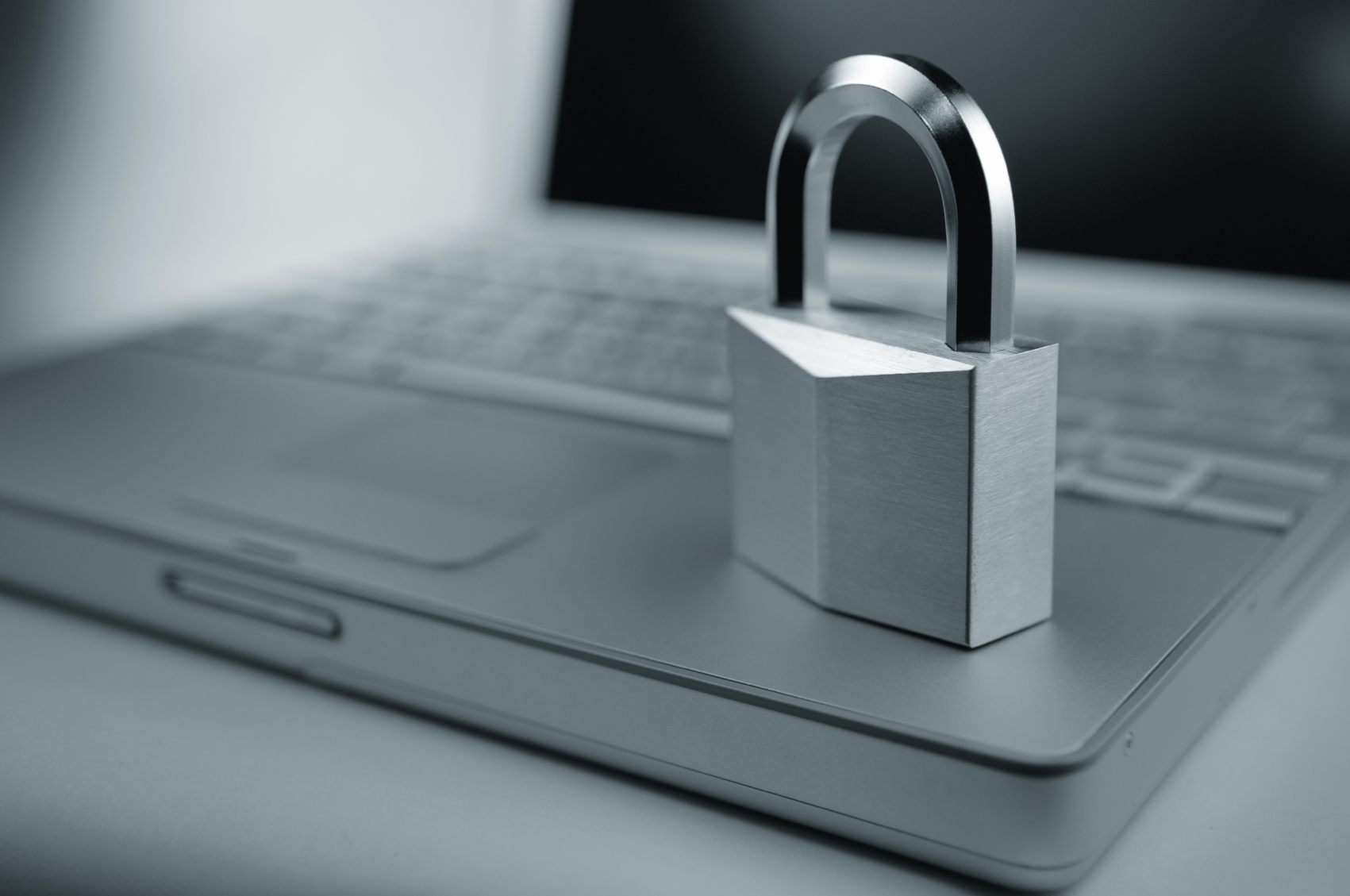Avoiding Viruses Malware
We at DataFast are here to help prevent problems, as well as repair them. As part of our service to you, we would like to assist you in keeping your computer safe with some steps to help you avoid computer viruses.
What are viruses?
Viruses are malicious programs that can infect computers, cell phones, and many other kinds of electronic equipment. They can access private information, corrupt data, and even take over different pieces of hardware on a computer – for instance, the camera attached to a computer.
How do they get onto computers?
Viruses use many different ways to infect a computer. One such way is to post a fake link on a website, posing as a “Download” logo – meaning for the person wanting to download something to click on it instead of the real download – and, upon being clicked, will download a malicious program onto the computer. They can also send themselves from infected e-mail accounts, sending themselves as an attachment in a message from that account to unsuspecting people. There is not only one way for a virus to worm its way into a device. This is why two things are crucial to help prevent computer viruses; a good antivirus program, and awareness of the user.
How can I prevent computer viruses from infecting my computer?
As stated before, the two necessary tools to prevent computers from getting viruses are an antivirus and user awareness. In this section we will cover the more general ways of which viruses will attempt to get into a computer.
Be very careful what you click on:
Many banners and advertisements are created to catch your attention, hoping to draw a click from your mouse so that a virus can find a home in your computer. This is particularly dangerous on websites with downloads, as they will often have a large banner that says “Download” in a prominent place – this almost never the correct thing to click on. There are also advertisements or banners that will pop-up on your page, claiming to be an antivirus program and inform you that your computer is infected. These are always malicious, and are often viruses themselves.
Be wary of using Internet Explorer:
Internet Explorer has two significant strengths.
1) It is freely included with Windows-based machines.
2) It has a very high compatibility (meaning most sites will run perfectly on it).
However, those two strengths are exactly why those with malicious intent target Internet Explorer with vehemence. Try using Mozilla Firefox or Google Chrome instead, both of those even have access to their own security add-ons – though make sure you get them from a reliable source.
Avoid websites that offer illegal, or otherwise free, things:
When it comes to computers, free things often include free viruses. Websites that offer illegally gained things (copyrighted music, movies, programs, etc.) are usually ridden with viruses. Not only is downloading from them a huge risk, but even going to the site itself can cause your computer to snag a virus courtesy of an advertisement or a pop-up window.
Even websites that just offer legal, free things can have their ways of infecting your computer. This is often done by offering something for free, but then adding another program onto it, usually a virus, that claims will do something for your computer. An example would be that someone downloads a free solitaire game and is offered a free program that claims to speed up their computer. Sometimes the first program is virus-free, but the other one will take control of the computer away from the user.
There are some websites that do offer real programs for free without many drawbacks to them, but make sure that they are a good website first. Some reliable places are Microsoft.com, and Apple.com. Both of these have some free things, host their own files, and virus-check everything they allow to be downloaded from their site.
Manage your downloads well:
Make sure that the file downloaded has the correct extension to it (jpg, mp3, gif). For example, if a picture was downloaded, but the file name is Picture.jpg.exe, then it’s likely a virus as a picture should not have .exe at the end of it. The same rule applies to things like music and movies. Scan downloads with an antivirus before opening them. It will usually only take a few seconds to scan first, which is far better than the hours it will take to fix it later.
Protect yourself from malicious e-mails:
To further protect yourself you need to be careful of which e-mails you open, what attachments you download, and what links you click on. Even a trusted friend might have had their e-mail infected and not know it, unwittingly passing the virus along to you. Here are some ways to prevent catching viruses from e-mails:
– If an e-mail is from a friend, but the wording, grammar, or spelling seems different than how they normally write, be wary about clicking on any attachments (including links or pictures) they send.
– No legitimate company will ever ask you for personal information like passwords over e-mail. Those with malicious intent may send a link to what looks like a legitimate company, which will ask for your information to be filled out. Make sure that the website is actually for that company before giving any information to it!
Computer viruses are not always easy to avoid, and a constant vigilance must be kept as there are frequently new ways they will try to get into your computer. However, keep in mind that not all hope is lost if a computer does become infected. We here at DataFast are here to help.
